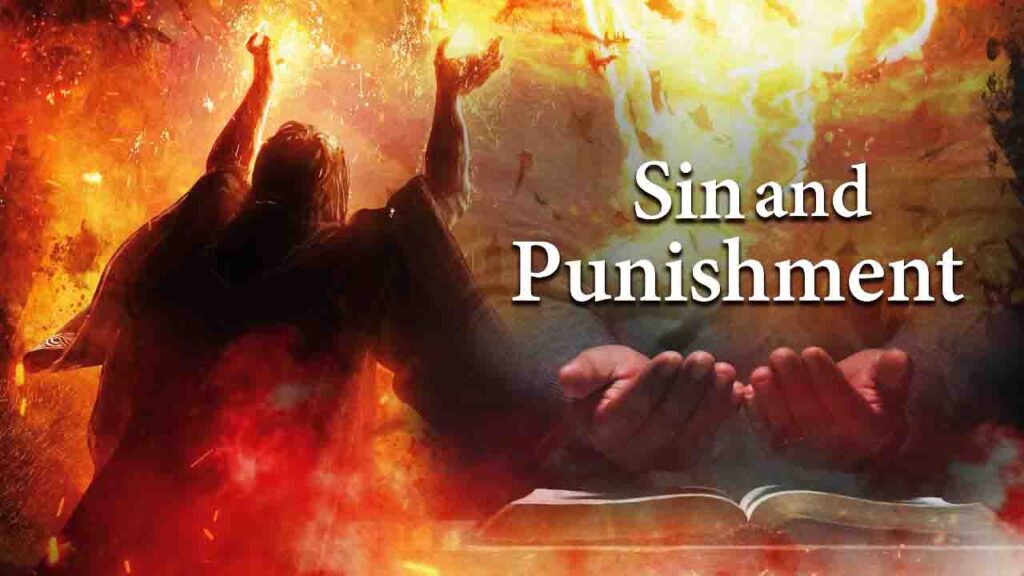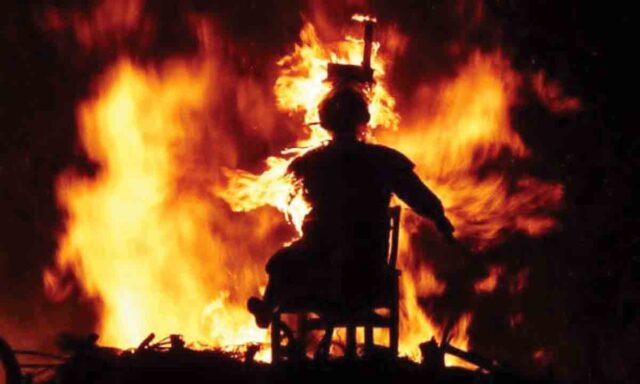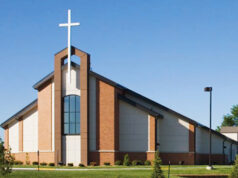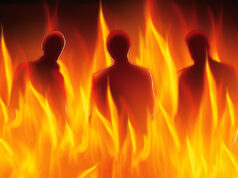QUESTION: Bible readers, help me with Leviticus 21:9. God permits burning a priest’s daughter who becomes a prostitute. How should I understand this event? Peter.
RESPONSE: Thank you for asking this question, brother Peter. The straight answer is that; in the Old Testament, sinning was punishable by death. The means of death could be by stoning, a sword or fire.
Fire in the world
Fire is one of the four elements of nature (Air, Water, Earth and Fire).
Since the early days, fire has participated in the development and sustenance of life, and contributed to disastrous lives in some instances too.
As you probably know already, fire is multipurpose. It can destroy or create, melt or solidify, and sustain life or take it away.
Fire is both attractive and frightful. It brings pleasures and prohibitions. Life on Earth needs fire for the good and the bad.
Fire in the Bible
The word fire appears over 300 times in the Bible. Fire is reported metaphorically and symbolically.
God is presented as consuming fire (Deuteronomy 9:3, 4:34, Hebrews 12:29).
The throne of the Ancient of Days in Daniel’s visions, flaming with fire, and a river of fire flows in front (Daniel 7:9-10).
Ezekiel sees the Son of man in flame from his waist down (Ezekiel 8:2).
John sees His blazing eyes (Revelation 1:14). A fire that consumes enemy forces and disasters that threaten life.
In Genesis 3:24, we are told that when humanity fell away from God and was chased out of the Garden of Eden, Cherubims were placed to guard the garden.
These angels had flaming swords. The same flames appear on the disciples when the Holy Spirit falls upon them in Acts 2:2-4.
When God appeared to Moses in a burning bush, the Israelites were delivered (Exodus 3:1-6).
When the Israelites were in the wilderness, God guided them at night with two pillars of fire (Exodus 14:19-20, 24-25).
The Bible presents fire as part of the judgment in the last of days (Revelation 20:13-14) and the sacrificial system uses fire as well (1 Kings 18:38).

Fire for sin and sinners
In the Old Testament, sin corrupted both people and environment. Fire is one of the purifying methods. To deal with sin and the act of sin, fire is applied.
Incrementing the guilty was one of the Old Testament practices to ensure the holiness of both the land and people is maintained.
Joshua 7:24-25 says: “And Joshua and all Israel with him took Achan the son of Zerah, and the silver and the mantle and the bar of gold, and his sons and daughters, and his oxen and asses and sheep, and his tent, and all that he had, and they brought them up to the Valley of Achor.
“And Joshua said: ‘Why did you bring trouble on us? The Lord brought trouble on you today. And all Israel stoned him with stones; they burned them with fire and stoned them with stones.”
Leviticus 20:14 also has another fire punishment: “If a man takes a wife and her mother also, it is wickedness; they shall be burned with fire, both he and they, that there may be no wickedness among you.”
God burns people due to their mistakes (Isaiah 47:13-14, Psalms 21:9, Numbers 11:1, Genesis 38:24, Numbers 16:35, Deuteronomy 32:21-24).
We know only two forms of execution: stoning (after which the corpse was suspended in public view) and burning.
Fire is believed to be the final punishment God will use against sin and this sinful world (John 15:6, Revelation 21:8; 14:10-11, 1 Thessalonians 1:7-9).
The punishment of burning in the Hebrew Bible meant an end to the continuity and extinction of the deceased.
This was because he had not been “gathered by his ancestors.”
His spirit wandered never to be resurrected. In the Hebrew Bible, execution by burning appears in cases of illicit sex, sacrilege, and threat.
Execution by fire aims at total evil obliteration. The fire motif conveys that nothing is left of the sinner; a method of utter extinction.
Burning was done to prevent the deceased from finding rest.
The execution by burning was an atrocious deed meant to profane the dead person’s memory.
Fire is not for believers
The Bible says those in Christ are not condemned. God consumes sin, demons and non-believers. This is what the motif of God as a consuming fire is about. Fire, therefore, is not the ultimate solution to sin.
God has the ultimate solution to sin and fire might not necessarily be the final solution to sin and its residues. Fire does not entirely extinct sin in God’s eyes and knowledge as it might in our sight.
The God who created us and everything from nothing (ex-nihilo/nothing) will eventually consume (not necessarily with fire) all that is foreign (sin, its geography, and its container) to real nothingness, divine oblivion and original nihility.
Answered by
Pr Isaiah White.
whitemwine@gmail.com
Contact: +256775 822 833






















